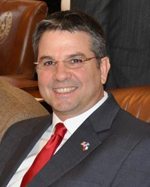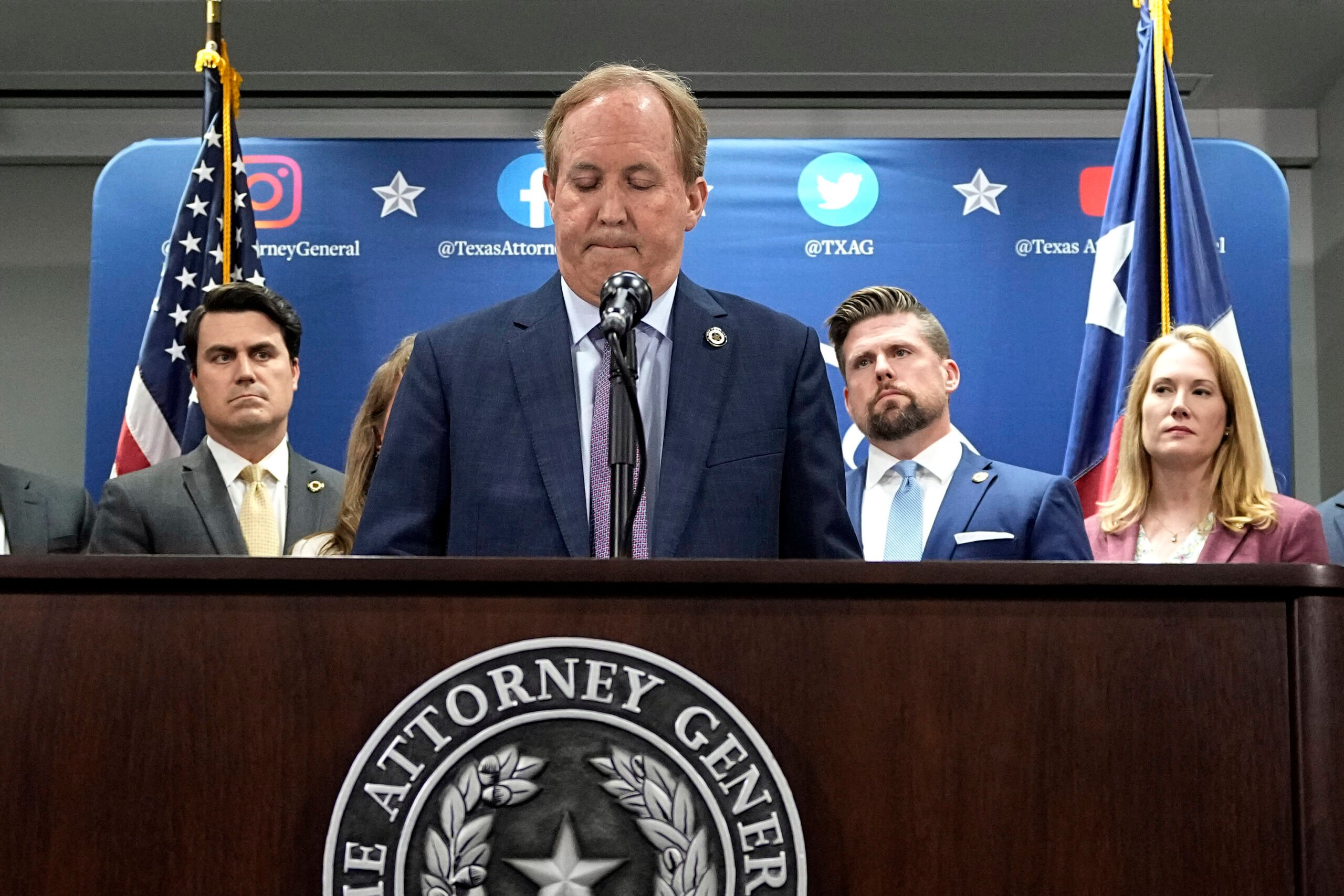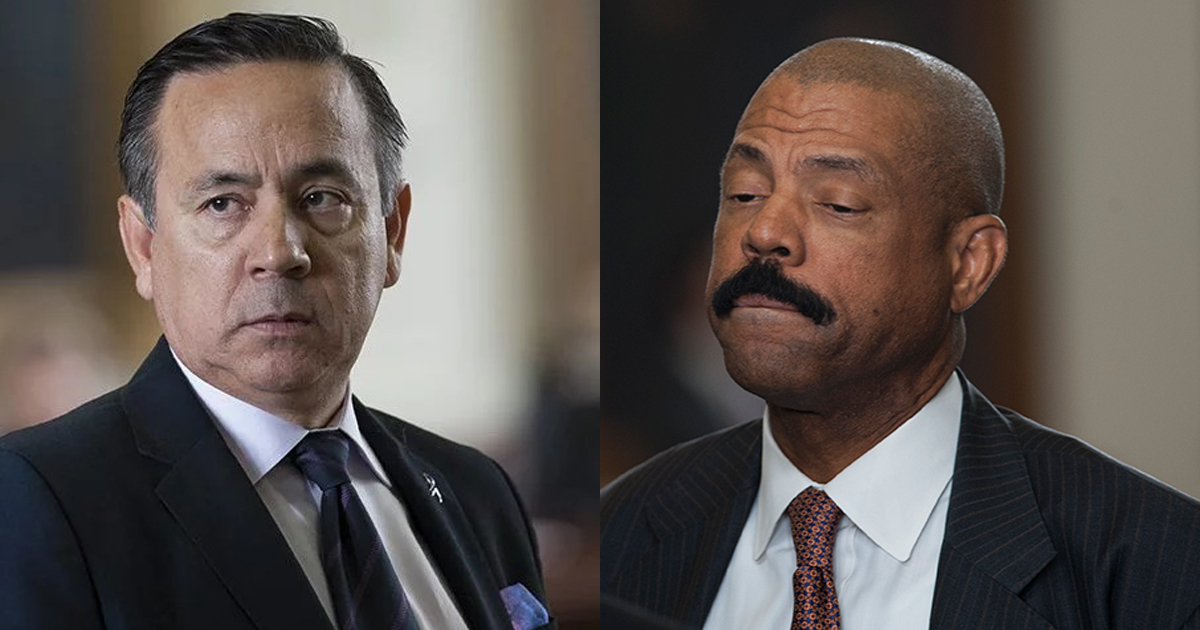
The Race to Replace Robert Duncan

Former state Sen. Robert Duncan (R-Lubbock) earned a reputation as a pragmatic and thoughtful deal-maker and won acclaim for the pivotal role he played in Austin’s sausage factory, so his resignation to become chancellor of the Texas Tech University System caused consternation among some Legislature-watchers. The Texas Senate, having shorn itself of moderate Republicans, and presented with the possibility of Dan Patrick holding the gavel, will tilt away from pragmatism in 2015 whether had Duncan stayed or not. But in a chamber with only 31 members, every new ego counts.
So the race to replace Duncan as Senate District’s 28’s man will be one to watch. District 28, the largest in the state, is a monster, encompassing 50 counties (nearly a fifth of the state) and part of a 51st, where it bulges to include the northwest quadrant of Abilene. Rural in nature, it’s not necessarily fertile ground for the right-wingers who seem set to take other senate seats this cycle—they mostly come from the suburbs of major cities, like Katy or The Woodlands in Houston, or the fringes of the Metroplex.
Low-density West Texas, by contrast, has always been a touch removed from that particular kind of right-wing fervor. Duncan and state Sen. Kel Seliger (R-Amarillo), whose district stretches from the top of the Panhandle more than 300 miles to Midland-Odessa, tend more toward pragmatism than some of their colleagues. This was largely David Dewhurst country in the recent Republican primary for lt. governor—only a few counties in the district went for Patrick in the first round. Patrick won Lubbock County, the district’s largest population center, by roughly 5 points, much less than his margin of victory in other Texas cities. But in Abilene’s Taylor County and Jones County, Patrick lost to Dewhurst by 10 points and 17 points respectively. And Patrick lost Tom Green County, the home of San Angelo, by almost 25 points.
Nevertheless, there is a tea partier of sorts in the race to replace Duncan—state Rep. Charles Perry (R-Lubbock)—and his well-resourced supporters might make him the most formidable challenger in the race to emerge so far. Perry was part of the freshman tea party class of 2010, and he’s benefited from tens of thousands of dollars in funding from Empower Texans/Texans for Fiscal Responsibility/Accountability First, groups connected to the right-wing money man Tim Dunn, the Midland oilman who’s been trying, with a great deal of success, to remake the state’s political landscape in his image. Perry’s also benefited from the patronage of figures like Jeff Sandefer, tied to the recent UT fight, whose well-heeled family has long been a prominent presence in Abilene.
Unlike other tea party legislators, who relished their position as bomb-throwers, Perry was hugged by the establishment early on and kept a slightly quieter profile. But he still clashed with many in his party on spending issues—he criticized the governor’s proclamations on the use of the rainy day fund, and popped his head over the ramparts last session to try to cap spending on water infrastructure, though that effort failed.
He’ll be a favorite in the race simply because of his access to campaign funds and status as a sitting state rep, but there are a few others in the running. There’s Jodey Arrington, a Texas Tech official and former Bush appointee—among other agencies, he served as COO for the Office of the Federal Coordinator for Gulf Coast Rebuilding, a post-Hurricane Katrina agency. Arrington’s new to electoral politics, but people with his technocratic background generally hue closer to the middle than people like Perry.
There’s also Greg Wortham, the mayor of Sweetwater, a town of some 11,000 just west of Abilene. Mayors, too, are generally more moderate than the tea party crowd (having to actually govern does that to you.) Wortham’s a major supporter of the area’s wind energy industry—he founded the West Texas Wind Energy Consortium, and has been an internationally-recognized face of alternative energy development in the state.
His visibility in the Abilene area might help him, especially since Perry and Arrington are both from Lubbock, another of the district’s population centers. (Two more Lubbock-based pols have expressed a desire to run, though they haven’t yet declared.) But Sweetwater is a small town, and he’ll face plenty of other challenges.
The race in District 28 seems unlikely to produce the kind of right-wing bomb thrower that will be showing up to work next session in better numbers than ever before—but it will still be a hugely consequential election for the state, especially since the victor will be replacing a longtime Senate mainstay.


